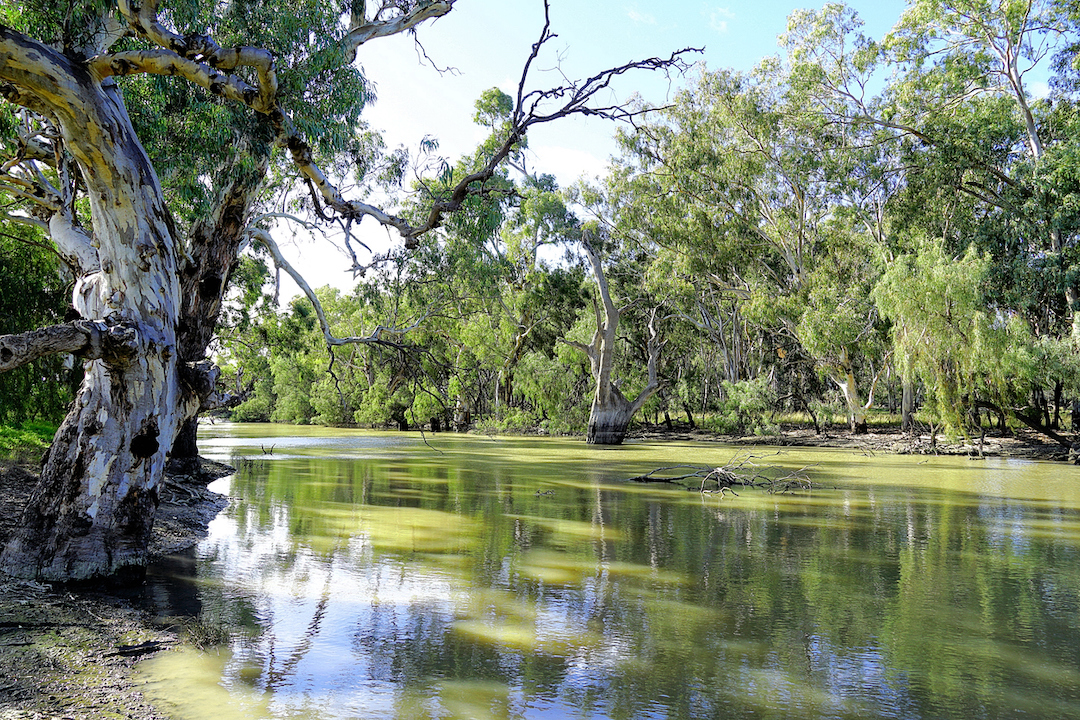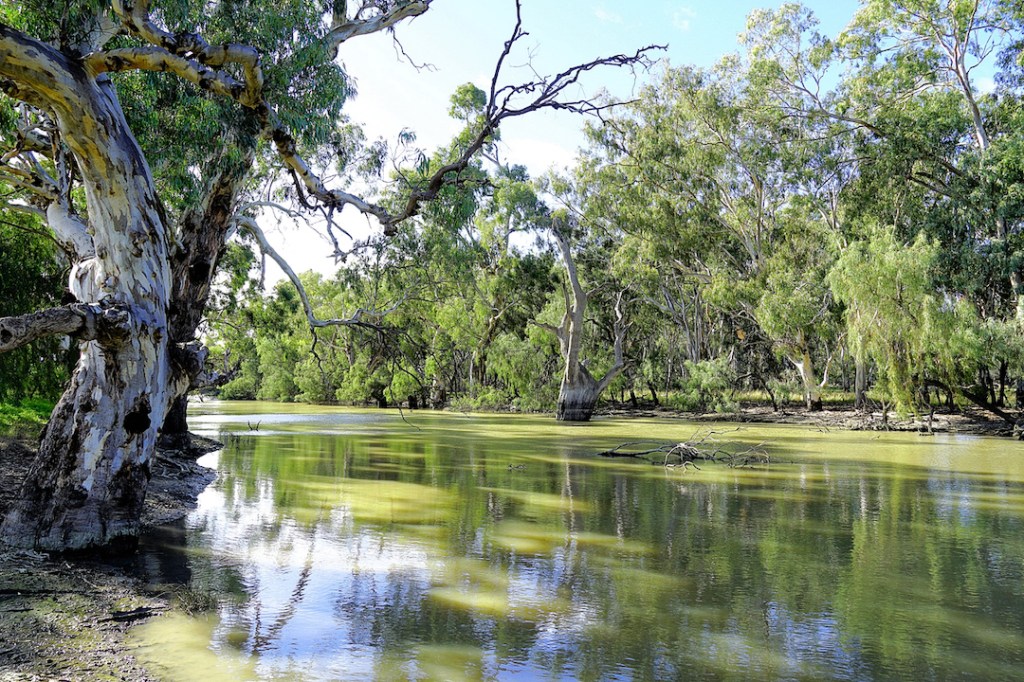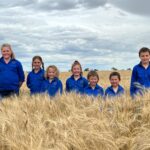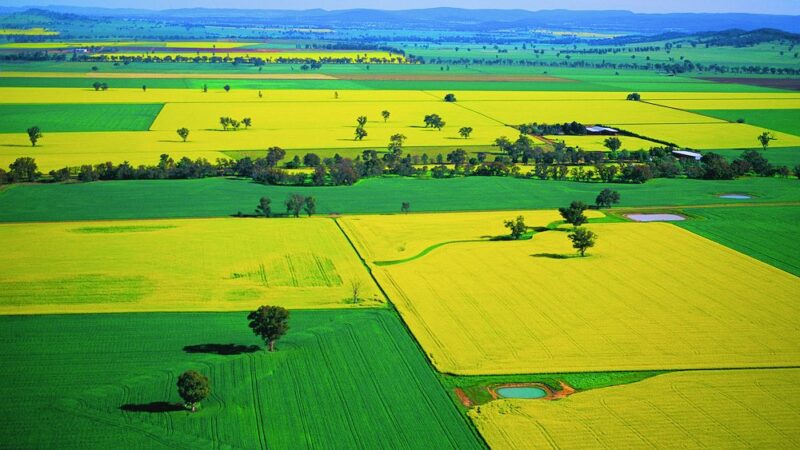Several leading agricultural bodies are united in their fight against the government's proposed changes to…
Farmers push back against proposed changes to the Murray-Darling Basin Plan

NSW Farmers is demanding to know why the Basin communities that will be impacted by proposed changes to the Murray-Darling Basin Plan are not being afforded the same support provided to mining towns affected by mine shutdowns.
Farmers say that proposed changes to the plan, which would mean more water buybacks, will likely result in the closure of farms, widespread job loss and an increase in food prices. It�s a far cry from the initial 2012 Plan, which sought to balance environmental, social, and economic elements.
Chair of the NSW Farmers Water Taskforce, Richard Bootle, has criticised the proposed amendments, highlighting the absence of socio-economic analysis and reporting as a major shortcoming.
�This has led to insufficient consideration of the impact of the Plan on rural communities which are reliant on agriculture. For arguably the biggest reform to regional Australia in history this is an incredible oversight,� Mr Bootle said.

NSW Farmers maintains insufficient engagement with communities affected by policy changes has resulted in ineffective policy formation. This includes the way water is allocated for environmental purposes, often at the cost of agricultural communities, and the inadequacy of support programs for communities adversely affected by these policies.
�The Plan is almost 10 years old, yet impacts on regional communities continue to be ignored by policy makers. At best, this is a clear example of policy-on-the-run.�
NSW Farmers� Economist Brendan O�Keeffe claims the proposed changes to the MDBP will be devastating for many communities.
�It will be particularly tough for communities that are reliant on irrigated agriculture. As these buybacks and large sell offs of water happen, it means there will be less value in the community and less jobs,� Mr O�Keeffe said.
�There�s no doubt there will be people who will be negatively impacted, and this will lead to flow-on impacts to businesses in these communities.�
Mr O�Keeffe maintains the government needs to undertake diligent research around which communities are likely to be negatively impacted by their decisions.
�It�s the government�s job to focus on those in the community who will be affected negatively and try to minimise that outcome� and also provide compensation and assistance to those negatively affected. But because they haven�t bothered to do this analysis, there hasn�t been a rigorous policy design process, which is really just a basic requirement of government.�
�We�re 10 years in and we are still waiting for, at least, some basic analysis. While the government has neglected to do the research, councils and other groups have hired economic consultants to undertake that analysis. And, because that analysis hasn�t been very rigorous, the government has ignored it. This is very wrong because it�s the government that should be doing their own analysis.�

According to Mr O�Keeffe, diligent research must involve looking at other ways to improve environmental outcomes, apart from buy backs.
�It could mean putting in infrastructure which helps fish bypass dams or other kinds of investments � so what�s needed is a full sweep of socio-economic costs, which would lead to informed decisions being made which balance that trade-off between environmental benefits and socio-economic costs.�
�The best-case scenario is for the government to establish a fund to support the communities impacted by water buybacks. That would be one route to go down, particularly Structural Adjustment Assistance, which is often used in mining communities. The NSW Government has put aside millions of dollars for those programs. But what about the Basin communities?�
Last week in Griffith, more than 1,000 people took part in a protest against the proposed water buybacks, while others rallied in Deniliquin and Leeton. People held placards stating �Basin plan bites the hand that feeds us� � expressing opposition to the proposed laws that would expand the federal government�s ability to directly purchase water from irrigators, to meet the basin plan�s water recovery targets.
Mr Bootle claims the Productivity Commission has already acknowledged in their first review of the plan in 2018 that many community members said they were dissatisfied with the level of transparency and consultation, and nothing has changed since then.
�The NSW Government has set aside at least $25 million each year from mining royalties to support coal mining communities through the Royalties for Rejuvenation Fund. Why have irrigation communities not received the same level of consideration as those communities reliant on coal mining?� Mr Bootle said.
The legislation titled �The Water Amendment (Restoring Our Rivers) Bill� is due before the Senate before the end of the year. The government will need the backing of either the Coalition or Greens senators to pass it.
To learn more about the proposed changes to the Murray-Darling Basin Plan, click here.








